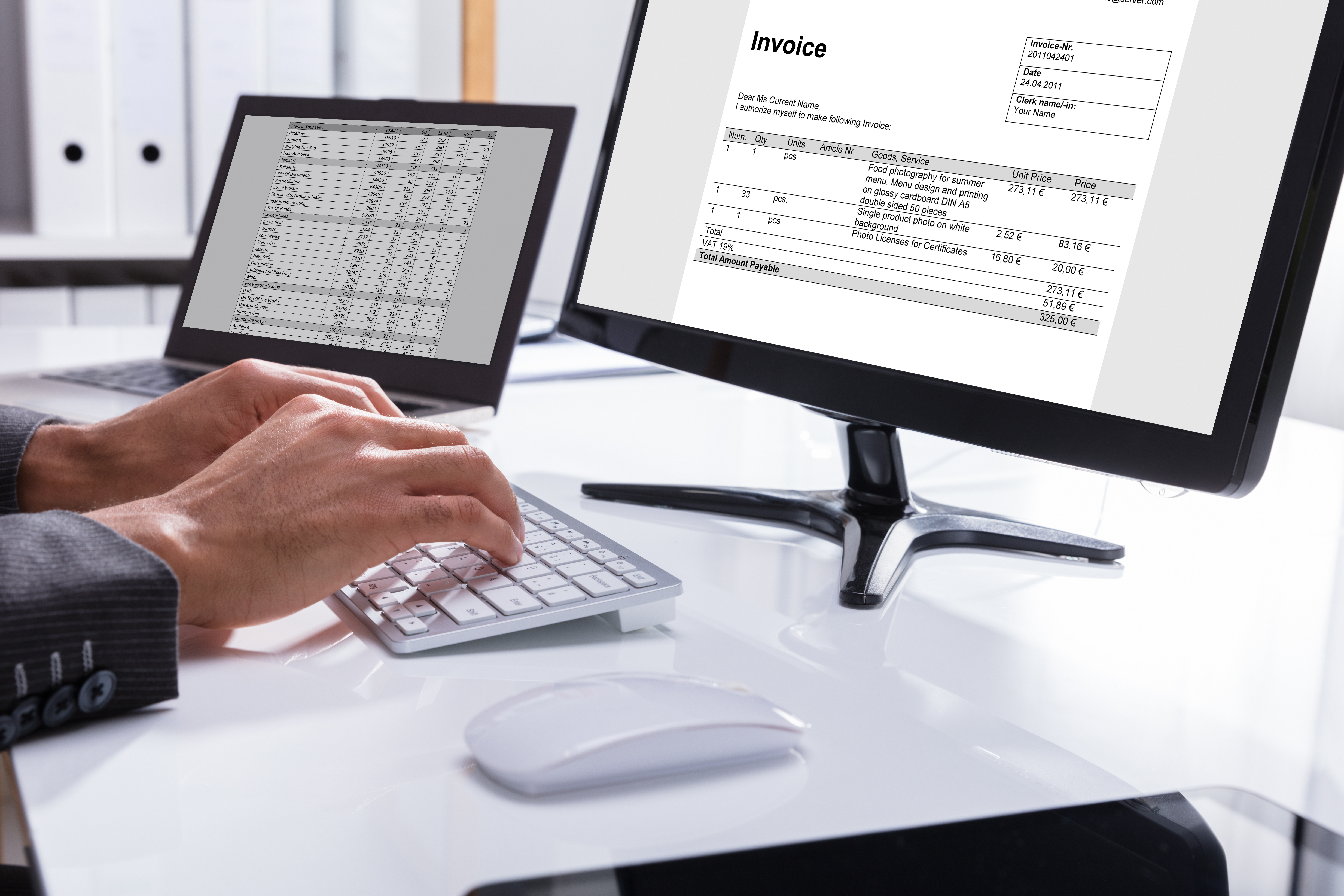Equipment Leasing
Leasing can be a great solution to enhancing your company’s liquidity, helping manage cash flow, and optimizing your balance sheet. We offer a variety of leasing options, including True Lease or Fair Market Value (FMV) Leases, Early Buy-Out Leases, Terminal Rental Adjustment Clause (TRAC) Leases, and Rebate Leases.
While it isn’t right for all businesses, leasing can have a number of benefits over purchasing your equipment directly. True leases avoid any down payments by financing 100% of the equipment, and uses the equipment itself as collateral for the financing, eliminating the need to put any additional personal or business assets on the line. Lastly, leasing significantly decreases a company’s risk exposure. Businesses no longer need to worry about non-functioning equipment, and when the lease ends, are not stuck with outdated equipment that is difficult to sell.







